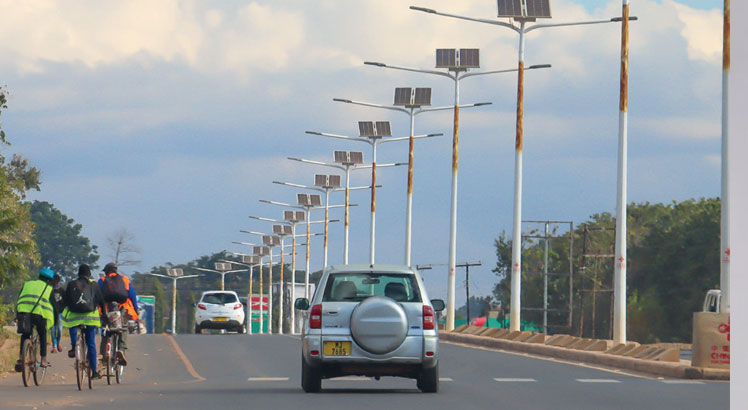World Bank flags Malawi’s continued aid breakdown
The World Bank has flagged Malawi as one of the countries most negatively affected by the uncontrolled proliferation of aid agencies and fragmented donor-funded projects.
In an article titled ‘Defragmenting the global aid architecture’ published on its websited www.worldbank.org, the Bretton Woods institution has warned that the complexity of global aid flows is undermining national planning and weakening public institutions.
From 2019 to 2023, Malawi managed an average of 184 donor agencies, yet most of the financial support from these actors by-passed government systems, according to the bank.

using donor aid. | Nation
It said rather than flowing through the national budget, a growing share of development assistance has been channelled through non-governmental organisations (NGOs) and vertical funding platforms with narrow thematic focuses.
Reacting to the development yesterday,, economist Velli Nyirongo said the growing reliance on off-budget donor financing is hampering the government’s ability to coordinate and prioritise development interventions at national and district levels.
He said: “When aid flows bypass the government’s budgeting process, it becomes difficult for authorities to gain a clear and comprehensive picture of available resources.
“This undermines coordinated planning, weakens alignment with national priorities, and reduces the accountability of aid flows to domestic institutions and citizens.”
The World Bank article cites Dowa District, which exemplifies the strain this fragmentation places on local authorities.
The district hosts 48 domestic and international NGOs, collectively reaching about 70 000 beneficiaries, but often without a unified framework or shared baseline.
Dowa district commissioner Stallichi Mwambiwa, in an interview yesterday, expressed concern about duplicated efforts and misaligned donor interventions, calling for greater integration of development assistance with district implementation plans.
Economist Gilbert Kachamba called for reforms that enhance data transparency, strengthen budget execution systems and invest in human resources within district councils.
“Clearer frameworks for donor coordination, combined with stronger leadership and ownership by local authorities, would help ensure that aid contributes more effectively to development goals,” he said.
Experts says the by-passing of public systems also weakens long-term capacity-building.





